HOME > Basketball
Bobo s legendary coaching career has come to an end, but "Bobo s Way" has become the spiritual core of the Spurs
6:02am, 14 May 2025【Basketball】
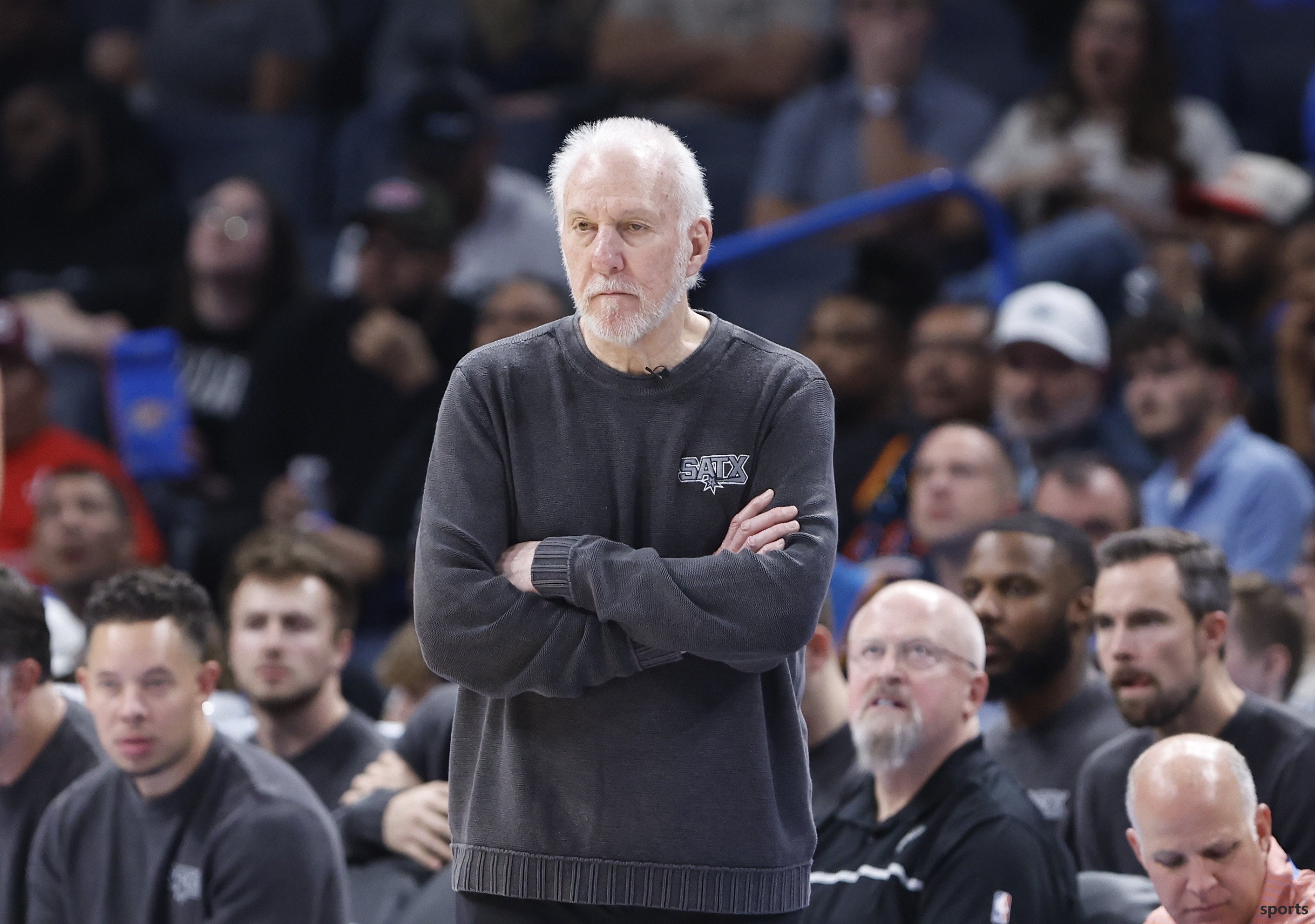
Translator's note: This article was originally published from CBS, and the author is BillReiter. The data in the article are as of the original article as of May 5th local time. The views in the article have nothing to do with the translator and the platform.
How should we praise Greg Popovich's extraordinary coaching wisdom and historic career? The legendary coach, who announced on Friday that he had officially stepped down as Spurs head coach and transferred to full-time team president, had his achievements as dazzling as stars.
He led the team to win 5 championships and won 50 or more games in 18 consecutive seasons. He also has the highest winning rate among all head coaches in NBA history. He won 170 games in the playoffs and won the coach of the year three times. There are countless honors like this.
However, in addition to these achievements that are enough to make him among the best coaches in history, in terms of the most profound contribution to the Spurs and the entire league, it is Popovich's advanced strategic vision - many years ago, he understood that the key to building a long-term culture of excellence is to turn the stars into partners, not just treat them as players. This is the most solid cornerstone of the Spurs' "Popovich era".
In the span of 15 years, Popovich won the championship five times. The secret is to create the most unique (but the lowest-key) outstanding culture in the sports world. If Pat Riley pioneered the "Heat Mode" in Miami (known for his ostentatious style, public opinion momentum and grand celebration), then in San Antonio, Popovich's model is the exact opposite of it.
Under Popovich's rule, the Spurs are often ignored by public opinion. They never show off their championship rings at recruiting meetings to attract superstars, but instead maintain and enhance their existing foundation of excellence through a group gathering of dinners and wine tasting.
There are more than one way to victory. Although Riley's strategy has achieved remarkable results, Popovich's model is also effective, but its subtleties are often difficult to easily understand by the outside world. There are many signs that
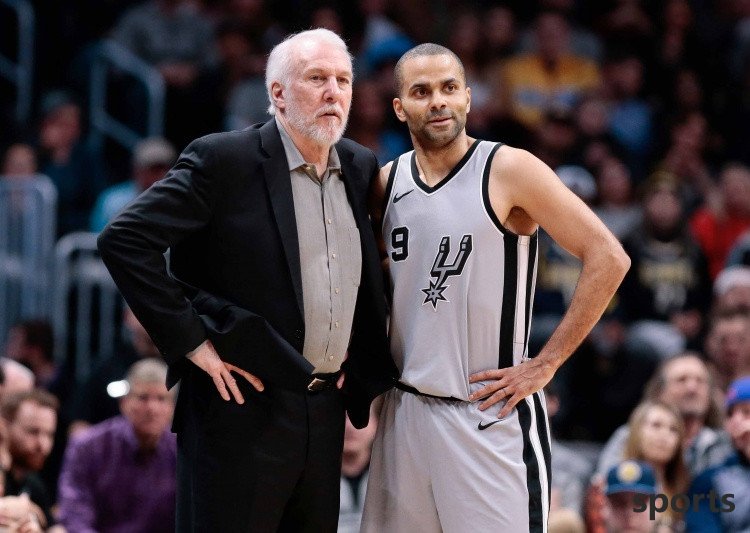
can prove this. Tim Duncan and other great players who have added glory to the era (except Kawhi Leonard, ultimately) have chosen to stay in San Antonio, which speaks to Popovich's charm. They are willing to take less money, avoid the spotlight, and become a "counter-example" of super teams formed through free agents.
All this is not achieved by coercive means, but by friendship; not by fierce conflict, but by cooperation. Although Popovich has strict requirements on players, unlike many coaches, he can always maintain deep feelings with his disciples - when the cooperative relationship ends, it is often accompanied by touching tears and sincere blessings, and extraordinary contradictions and grievances.
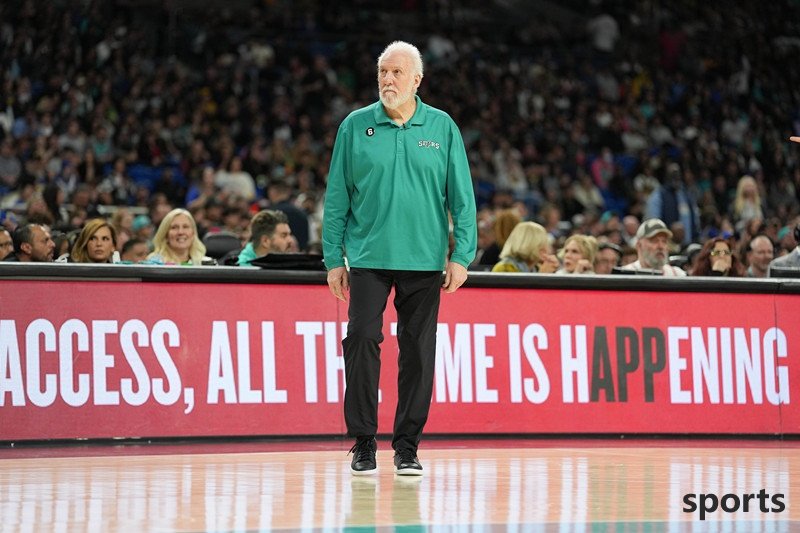
In terms of team building, Popovich has also taken a unique path. He never creates sensational news of recruiting and rarely triggers media carnival before achieving major success.
There is no O'Neal-style big deal, no dramatic turning point in forming the Big Three with James and Bosh, and no rumors about poaching the stars. The essence of "Bobo's Way" lies in: the stars he trained and the system he created naturally produces powerful centripetal force.
When Kobe enjoyed sufficient playing time and maximum salary contracts in the Lakers in his late career, Duncan took the initiative to transform with the Spurs and continued to pursue victory with a smaller tactical role. When Miami’s Big Three pioneered the concept of modern player power and the concept of super teams, the Spurs remained as always as they did. The core code of cultural heritage is Popovich's coaching wisdom that keeps pace with the times. This wisdom is reflected in the decades of macro layout, and it is also reflected in the subtle adjustments of on-site command. At every moment of the game, truly outstanding coaches will make timely adjustments and changes to continue to win, and Popovich is also outstanding in this regard.
Take the last Spurs championship in 2014 as an example. This is a perfect example of the “Popovich Way” winning in a very different way than other teams: with selflessness, rare basketball wisdom, and the ability to see the situation clearly before others.
At that time, the team coached by Popovich had aged severely, and this great coach had already had a new concept: load management. He is so far ahead of other NBA teams that the league had to modify the rules of the game a few years later in an attempt to stop teams from continuing to adopt the practices that Popovich had used as early as 10 years ago in the 2020s.
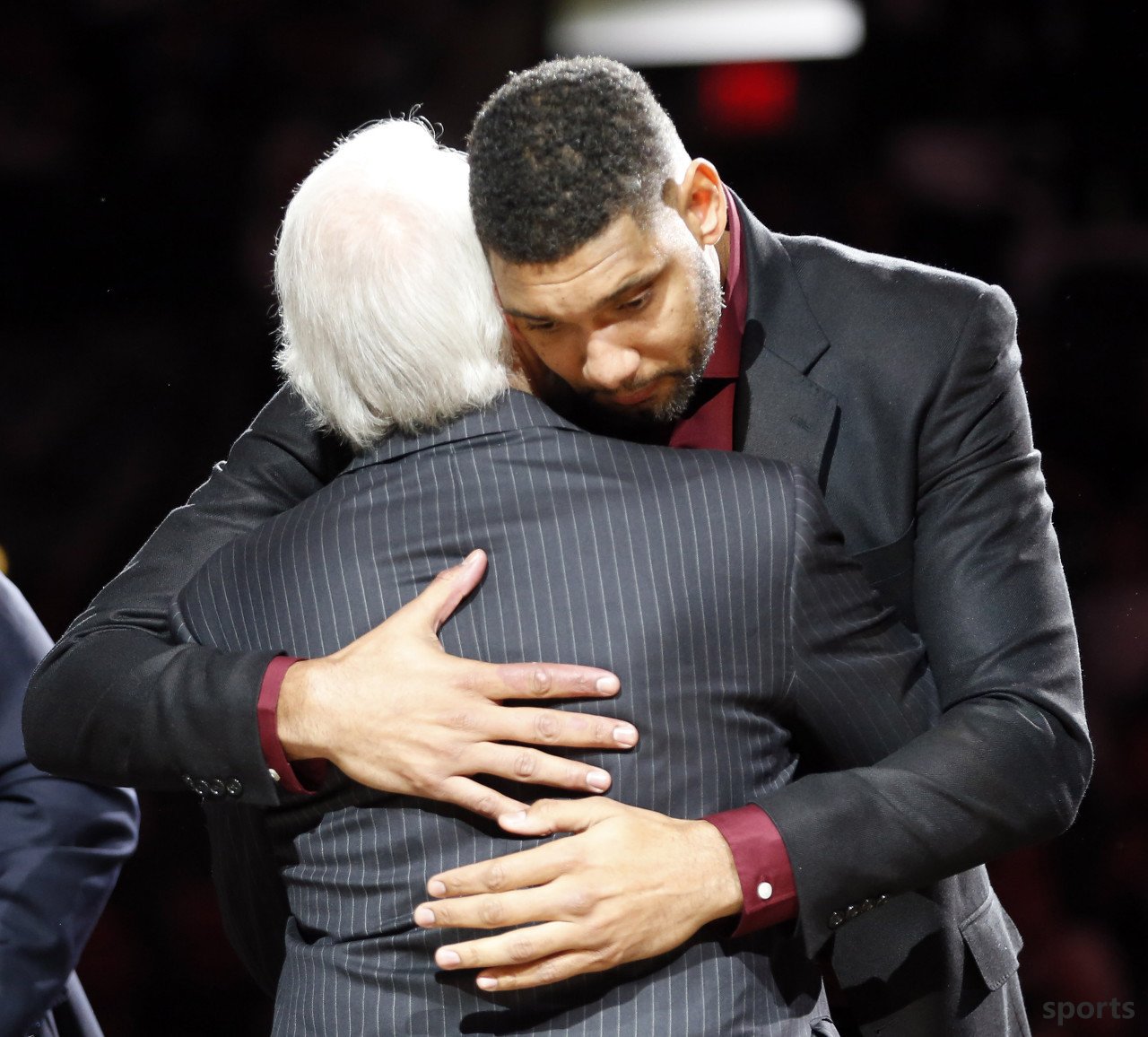
Even though Popovich now retreats to management, the league is still playing against this tactical concept he created.
However, this method of limiting players' playing time requires not only vision, but also courage, frankly. It requires a ability to convince stars who have won all the honors and convince them that reducing playing time actually leads to better results. No player in the Spurs team in the 2013-2014 season averaged 30 minutes of playing time in the regular season. They are the only team in NBA history that has no player to play 30 minutes per game but still wins the championship.
This means trusting the power of the team, not relying on an individual. This means convincing players to reduce their playing time and thus reduce their personal performance opportunities. This means understanding that even if there are not as many wins in December, February and March, you can still win the championship in the June game (the finals are usually played in June) as long as the strategy is correct.
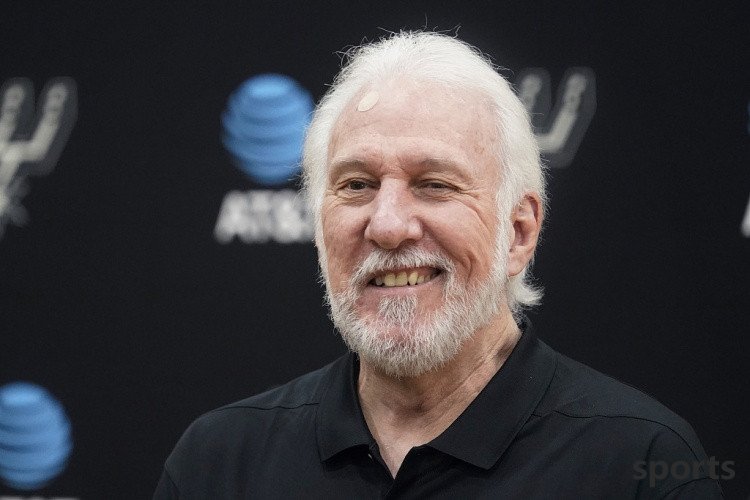
This is a huge change and a wonderful strategy. 15 years ago, Duncan averaged 39.3 minutes in his first-time championship season, but this time, Popovich cut his playing time to 29.2 minutes per game.. This scientific rotation arrangement allowed him to upgrade to a team-high 32.7 minutes in the playoffs, providing solid guarantees for Tony Parker's outstanding performance and the rise of 22-year-old Leonard (who was eventually awarded the FMVP).
This is the typical Popovich style: cleverly balances the self-esteem of the star, gains the recognition of the whole team, perfectly integrates the veteran's remaining energy with the growth of the star, and everything is managed just right, and ultimately defeats a Heat team that is completely different from oneself in team building and playing styles.
That championship trip ended LeBron's career in Miami and also brought NBA history to many other directions. It all stems from Popovich's early recognition of the need for load management over a long season. More importantly, he has the ability to allow stars in a real champion team to receive less playing time and less opportunity to perform, all for real team excellence.
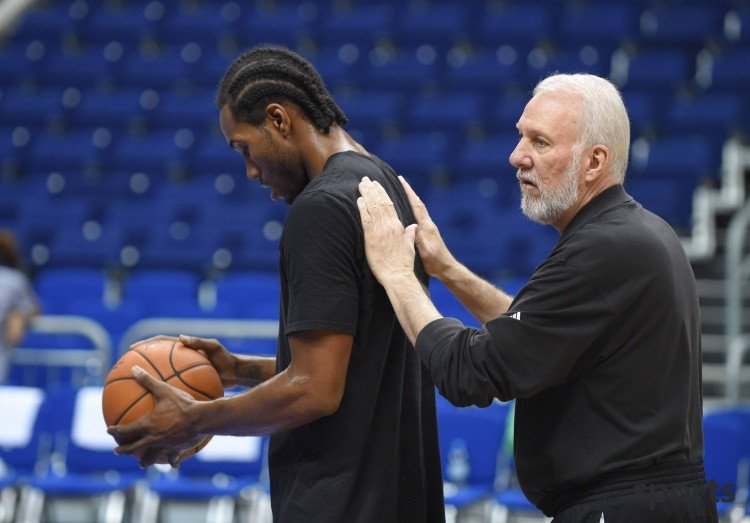
Admittedly, this trend has not continued with Leonard, who left the team in 2018. But, as Heat fans may be experiencing: greatness will come to an end, even the greatest stars are no exception. Time will change everything.
Nevertheless, the culture created by Popovich, and the systems and tactical ideas he had seen and advanced earlier than most, defined his coaching career as other achievements.
Cultural accumulation takes years, but collapses may occur day and night. Popovich resigned as head coach and transferred to the team's president, which injected a heart-warming agent into the post-Popo-era Spurs - as Vinbanyama took over the Spurs' banner, San Antonio is ushering in a new dawn of revival. The spiritual fire of "The Way of Bobo" will continue to be passed down in San Antonio and will never stop.
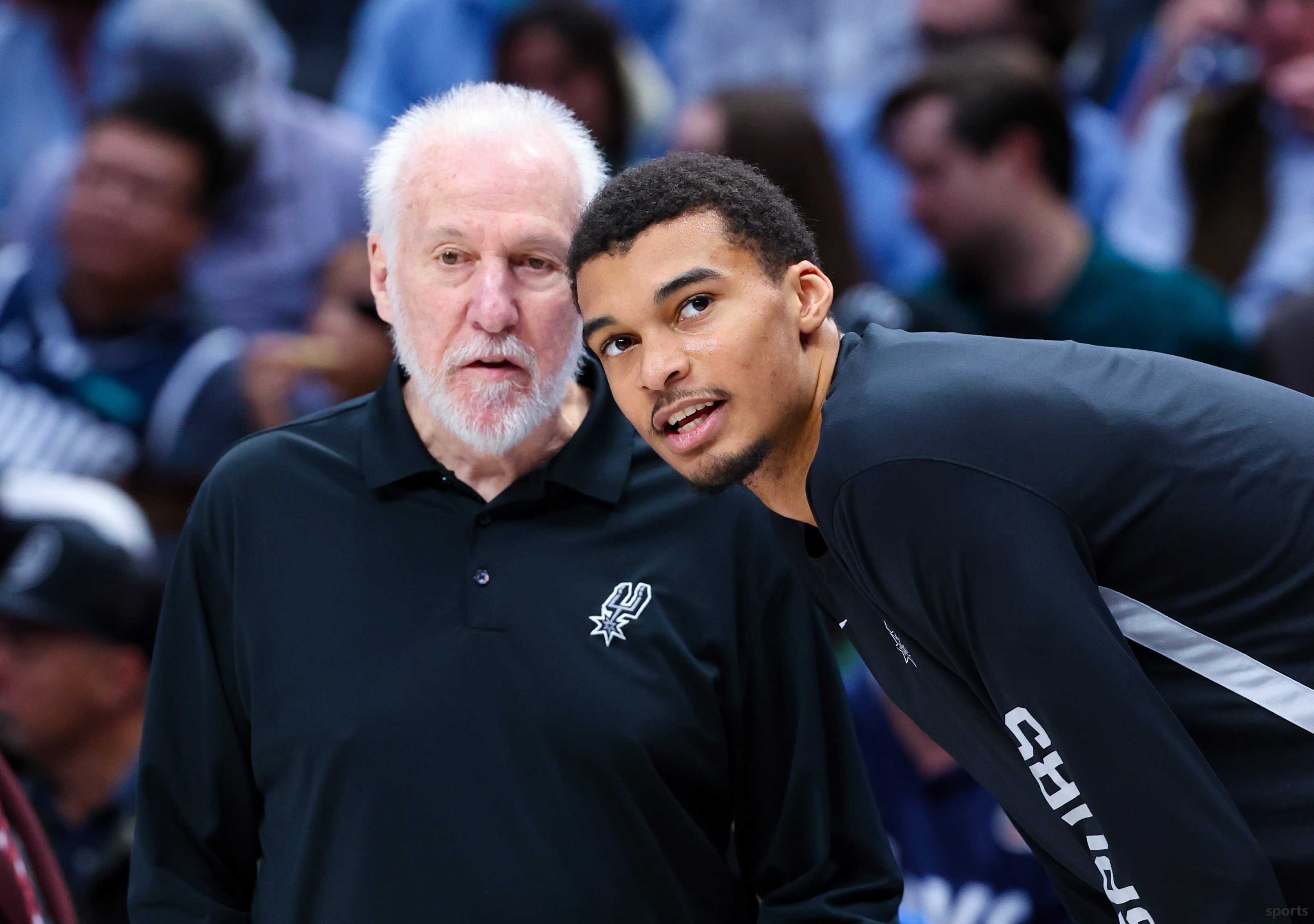
Related Posts
- What are we talking about? Fans wearing Doncic s Lakers jersey chatted with Mavericks owner Dumont
- Hornets coach: Kneipelmann Sexton has a chance to start and they can play a key role
- Markkanen: Murinen is on the right path and he can make a fortune in the NBA
- Foreign media show James interacting with fans in the rain: Heavy rain cannot stop the whole city from moving to welcome James
- The sixth man once was! Analysis of how Clarkson supports the Knicks substitute attack
- No. 1 in the league! No. 1 in the league! The 24-year-old No. 1 pick is crazy about gaining muscles, he wants to hit the scoring champion + MVP
- Top 100 stars are released!
- What’s the matter! The Warriors quietly strengthened it, and they added 2 more! OK, I can explain it
- Return to the Cavaliers? James statement has caused heated discussion, US media lists 8 potential destinations, and the four top picks are expected to join forces
- 125 million in 5 years! The NBA s first contract of RMB 100 million this summer was born, and the number one player in the draft was counterattacked
Hot Posts
- What are we talking about? Fans wearing Doncic s Lakers jersey chatted with Mavericks owner Dumont
- Hornets coach: Kneipelmann Sexton has a chance to start and they can play a key role
- Markkanen: Murinen is on the right path and he can make a fortune in the NBA
- Foreign media show James interacting with fans in the rain: Heavy rain cannot stop the whole city from moving to welcome James
Recommend

Reject the 305w option! NBA history triple-double king, no one cares about it: because of a wrong step!

Choose 4 guards a year! He averaged 20+ games per game for two consecutive years and only signed 6 million. The team media swears: Get out of here

Wade talks about raising a trans daughter: She hasn t changed anything. The world needs to be changed

Rockets cut prices by 70% to sell Shepard jerseys, and Yang Hansen jersey prices exceed Durant

Losing by 19 points. Where did the Clippers lose? Harden Leonard fell into a strange circle. Lu Shuai needs to find a way.
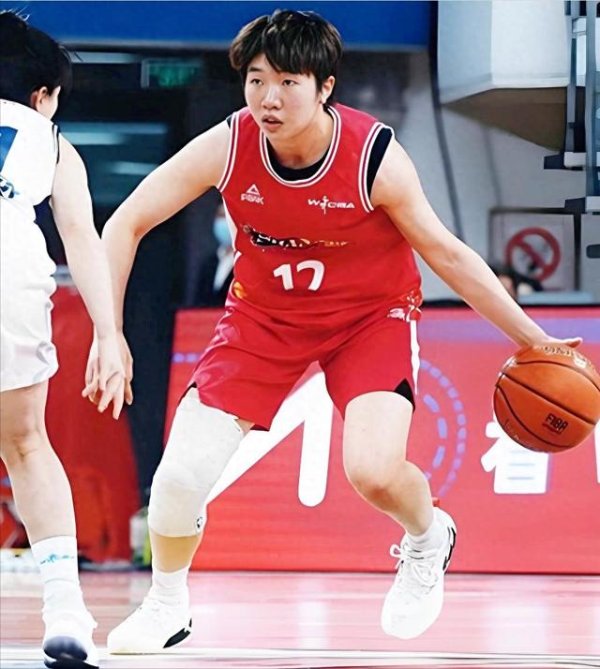
Chinese women s basketball team has a new star again! The female version of Curry is the god of the nightmare, and one person disrupts the US team s nightmare plan

Who has the best footsteps in the NBA now? House: I would say Jokic and Brunson
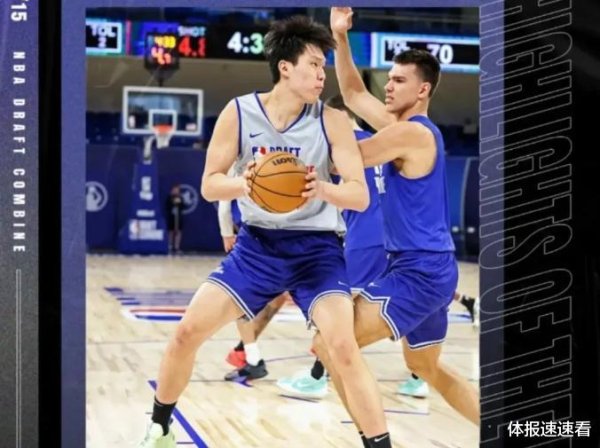
Chinese star Yang Hansen made a stunning debut in the NBA trial, and the draft continues to heat up